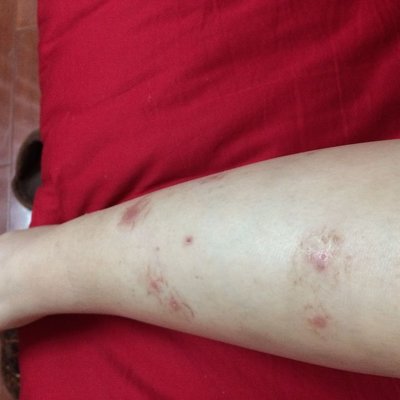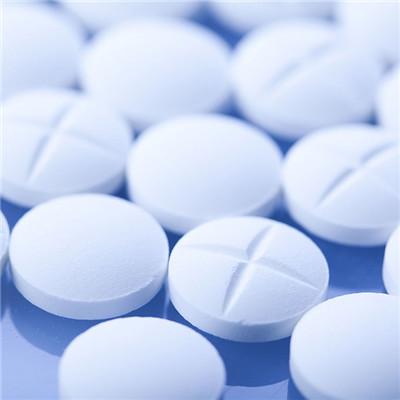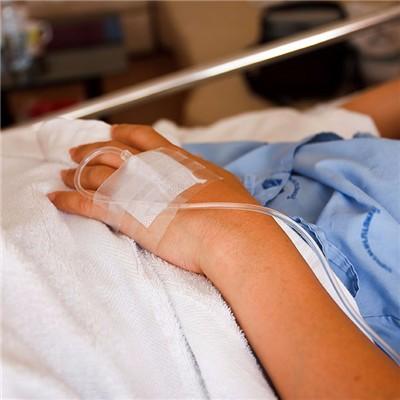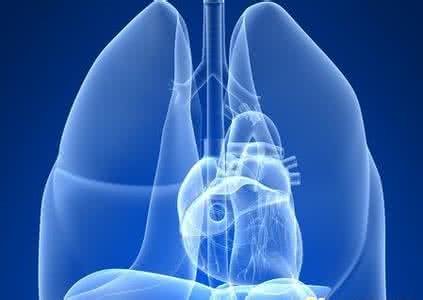What symptom does the person of MI death have
summary
Myocardial infarction in modern times has been a common disease, and the mortality of myocardial infarction is very high, we must pay attention to prevention. So what are the death symptoms of myocardial infarction? What are the precursors that we need to pay attention to? Let's take a look.
What symptom does the person of MI death have
First, severe pain is a common symptom of myocardial infarction before death. Pain is the first symptom. The location and nature of pain are the same as angina pectoris, and most of them have no obvious inducement. It often occurs in quiet time, with severe degree and long duration, which can be up to several hours or days. Rest and nitroglycerin tablets can not relieve it. Patients are often restless, sweating, scared, or dying. A few patients had no pain and showed shock or acute heart failure at the beginning. Some patients had pain in the upper abdomen, which was mistaken for acute abdomen such as gastric perforation and acute pancreatitis. Some patients had pain radiating to the neck and upper back, which was mistaken for bone and joint pain.
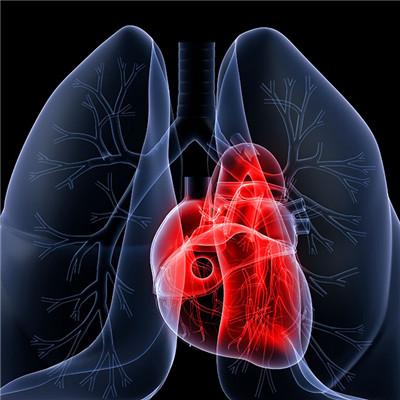
Second: abnormal heart rate and blood pressure, heart rate more quickly, a few can also slow down. One third to one half of patients with myocardial infarction have sinus tachycardia in the early stage, which is mainly related to pain, anxiety and heart failure. In addition to the early onset of blood pressure can be increased, almost all patients have blood pressure decreased. In the past, a considerable number of patients with hypertension did not use antihypertensive drugs. The blood pressure of 2 / 3 patients increased again 3-6 months after infarction. Generally speaking, more than half of inferior myocardial infarction patients are accompanied by hypotension and / or bradycardia due to increased vagal excitability, while about half of anterior myocardial infarction patients may have mild hypertension and / or tachycardia due to sympathetic hyperactivity.
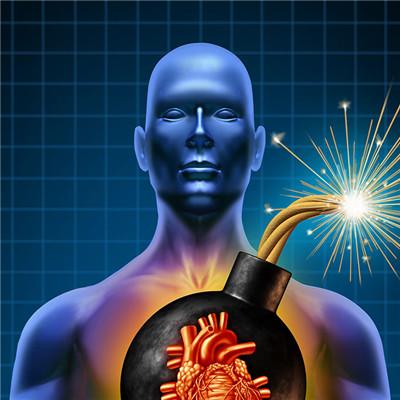
Third: heart murmur, pulmonary moist rales can be heard in patients with myocardial infarction, and diffuse wheezing can be heard in patients with severe left heart failure. Jugular vein distention and abnormal pulsation can be seen in right ventricular infarction.
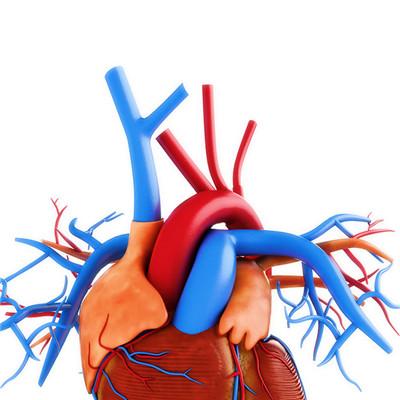
matters needing attention
The patients without complications were absolutely bedridden for 1-3 days in the acute stage; Oxygen inhalation; Continuous ECG monitoring, heart rate, heart rhythm changes, blood pressure and respiration were observed. Pulmonary capillary wedge pressure and venous pressure were monitored when necessary in patients with hypotension and shock. Low salt, low fat, a small number of meals, keep bowel patency. After 3 days, the patients without complications gradually transferred to eating, urinating and indoor activities. Generally, they can be discharged within 2 weeks. Patients with heart failure, severe arrhythmia, hypotension, etc. should extend their bed rest time and discharge time as appropriate.

